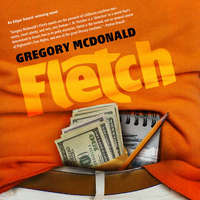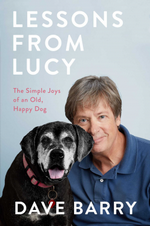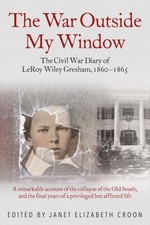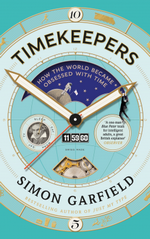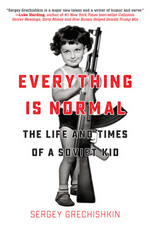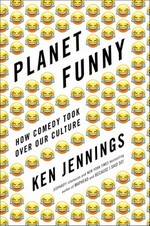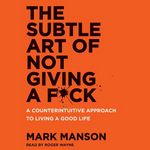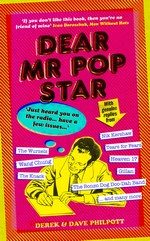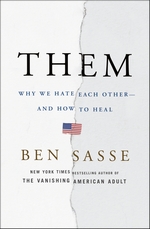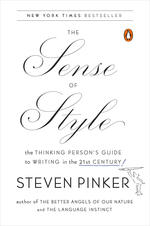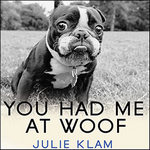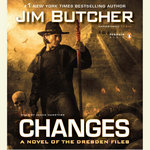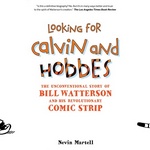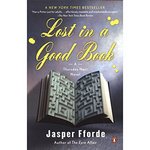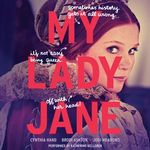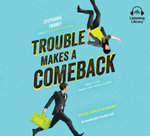Once I settled on dividing this chunk of my reading out for its own list, I knew instantly half of the books that’d make it before I looked at just what I’d read in 2018. After going through that list, I had 15 more candidates for the other 5 spots. Whittling those down was hard, but I’m pretty comfortable with this list. That doesn’t mean the other 90 or so books I read in this family of genres were bad — most were great (I can think of maybe 5 I could’ve missed). But these are the crème de la crème.
Man, I wanted to write the crème de la crime there. But I’m better than that.
Not all of these were published in 2018 — but my first exposure to them was. As always, I don’t count re-reads, or almost no one could stand up to Stout, early Parker, etc. and my year-end lists would get old fast.
Now that I’m done with this, I can focus on 2019.
(in alphabetical order by author)
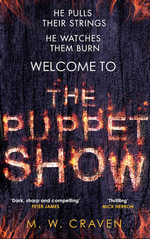 The Puppet Show
The Puppet Show
by M. W. Craven
My original post
A book with some of the darkest moments I came across last year — and some of the brightest, too. The mystery was great, the character moments (not just between the protagonists) were better — great rounded, human, characters. Even after I saw where Craven was going with things, I refused to believe it — and only gave up when I had no other choice. Two (at least) fantastic reveals in this book, very compelling writing and fantastic characters. What more do you want? Washington Poe and Tilly Bradshaw are two of my favorite new characters and I can’t wait to see where they go next.


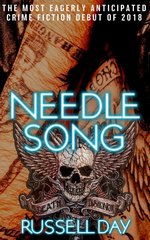 Needle Song
Needle Song
by Russell Day
My original post
I could pretty much copy and paste that above paragraph for this one. It never gets as dark as The Puppet Show, but the depravity displayed is bad enough to unsettle any reader. What makes this story compelling isn’t really the crime, it’s the way the crime impacts the people near it — those who lost a family member (I don’t want to say loved one) and those who are close to the suspects. Yakky and Doc Slidesmith are characters I hope to see again soon, and I want to bask in Day’s prose even more.


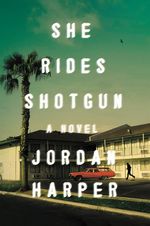 She Rides Shotgun
She Rides Shotgun
My original post
The story of a little girl being surrounded by death and destruction, with both looming and threatening her all the time, and her discovering how to be brave. The story of a man trying to be a good father — or just a father. The story of survival. A story of revenge. A story about all kinds of violence. Wonderfully told.


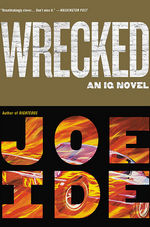 Wrecked
Wrecked
by Joe Ide
My original post
Not as entertaining as IQ, but it works as a novel in ways the previous two didn’t. I don’t know if I could put my finger on it, but it’s there. Wrecked is a clear step in evolution for Isaiah, Dodson, and probably Ide. It definitely demonstrates that the three are here to stay as long as Ide wants, and that these characters aren’t satisfied with being inner-city Sherlock/Watson, but they’re going places beyond that. Some good laughs, some good scares, some real “I can’t believe Ide ‘let’ them do that to Isaiah” moments — a great read.


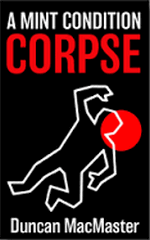 A Mint Condition Corpse
A Mint Condition Corpse
My original post
I put off reading this for reasons I really don’t understand and haven’t forgiven myself for yet. But the important thing is that I read it — it took me a chapter or two to really get into it, but once I did, I was in hook, like and sinker. In my original post I said this is “a joy to read; full of characters you’ll want to spend days with, that you’ll want to have over for Thanksgiving dinner just to lighten things up and distract you from Aunt Martha’s overcooked yams and dry turkey; a completely fun time that’s very likely most I’ve enjoyed a book in 2018. It is escapist. It is silly. It is clever.” I also said, “Probably the 5-Star-est 5-Stars I’ve given this year.” There are a couple of books that could compete for that line, but I’m not sure they’d win.


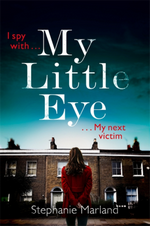 My Little Eye
My Little Eye
My original post
Fantastic, fantastic premise. Great hook. Another great pair of protagonists (although most of their work is independent of each other). A True Crime blogger and a DI racing to uncover a serial killer, while battling dark secrets, dark pasts, and outside pressures that threaten to derail them at every turn. Marland surprised me more often and in more ways than just about any author this year. I was floored by some of them, too. A great puzzle, a great mish-mash of amateur detective and police procedural.


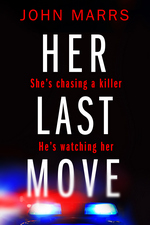 Her Last Move
Her Last Move
by John Marrs
My original post
I didn’t realize what I was getting myself into when I said yes to this Book Tour request. I’m not sure I could have — no offense to Mr. Marrs, but I don’t think I’d heard of him before. He’s definitely on my radar now. This was brutal, devastating, shocking, and just about every other adjective reviewers (professional and otherwise) overuse when describing a thriller. Marrs did so many things I didn’t think he would do. He didn’t do a lot that I thought he would (and seemed to mock the idea that he’d so some of what I wanted him to do). I spent a lot of time while reading this book not liking him very much, but so grateful I was getting to read the book. I’m still upset by some of it, but in awe of the experience.


 Stoned Love
Stoned Love
by Ian Patrick
My original post
Sam Batford, undercover cop, is back in a sequel that shows real growth from a very impressive debut. Batford is in incredibly murky ethical and legal waters — and that’s not counting what his undercover op is. Any misstep could ruin his career, end his life, land him in prison — or all three. Actually, those options hold true even if he doesn’t make any missteps. There are so many balls in the air with this one that it’d be easy to lose track of one or more. But Patrick doesn’t seem to struggle with that at all — and he writes in such a way that a reader doesn’t either. That’s a gift not to be overlooked. I liked the overall story more than it’s predecessor and think that Patrick’s writing was better here. This is a series — and a character — that you really need to get to know.
 (I remember liking it more than that…I’m sure I had a reason at the time)
(I remember liking it more than that…I’m sure I had a reason at the time)

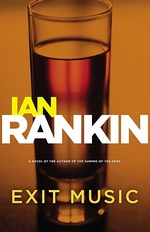 Exit Music
Exit Music
by Ian Rankin
My original post
I’ve spent enough time with John Rebus over the last couple of years that I knew one of the books had to end p here, I just wasn’t sure which one. Exit Music ended up on the Top 10 not so much for the main mysteries (although they put the book in contention), but for all rest of the things that the novel was about — Rebus’ moving on (not knowing how to or to where), Siobhan moving on (and not sure she wants to), and the dozen or so little things surrounding the two of them and their work. Even Big Ger was kind of moving on here — and that’s just strange to read about. Exit Music would’ve been a great way to say farewell to John Rebus, I’m just glad it wasn’t that.


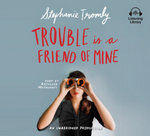 Trouble is a Friend of Mine
Trouble is a Friend of Mine
by Stephanie Tromly, Kathleen McInerney (Narrator)
My original post
If not for Kirby Baxter (above), I could say this was the most fun I had with a Mystery novel this year (not to take anything away from the sequels on that front). This is just the right mix of high school hijinks, teen drama, quirky characters and writing with panache. Zoe and Digby are a great combo of smarts, recklessness and responsibility as they work their way through puzzles surrounding missing kids, drug dealing doctors, and some strange cult-like group. You can feel the chemistry between them — like Remington Steele and Laura Holt, David Addison and Maddy Hays, Cumberbatch’s Sherlock and Freeman’s Watson. Throw in their friends and frenemies and you’ve got a recipe for fun and suspense. I listened to this on audiobook (and bought the paperback for my daughter before I got to the end, I should add) and McInerney’s narration was perfect — she captured the spirit of the book and made the characters come alive.




